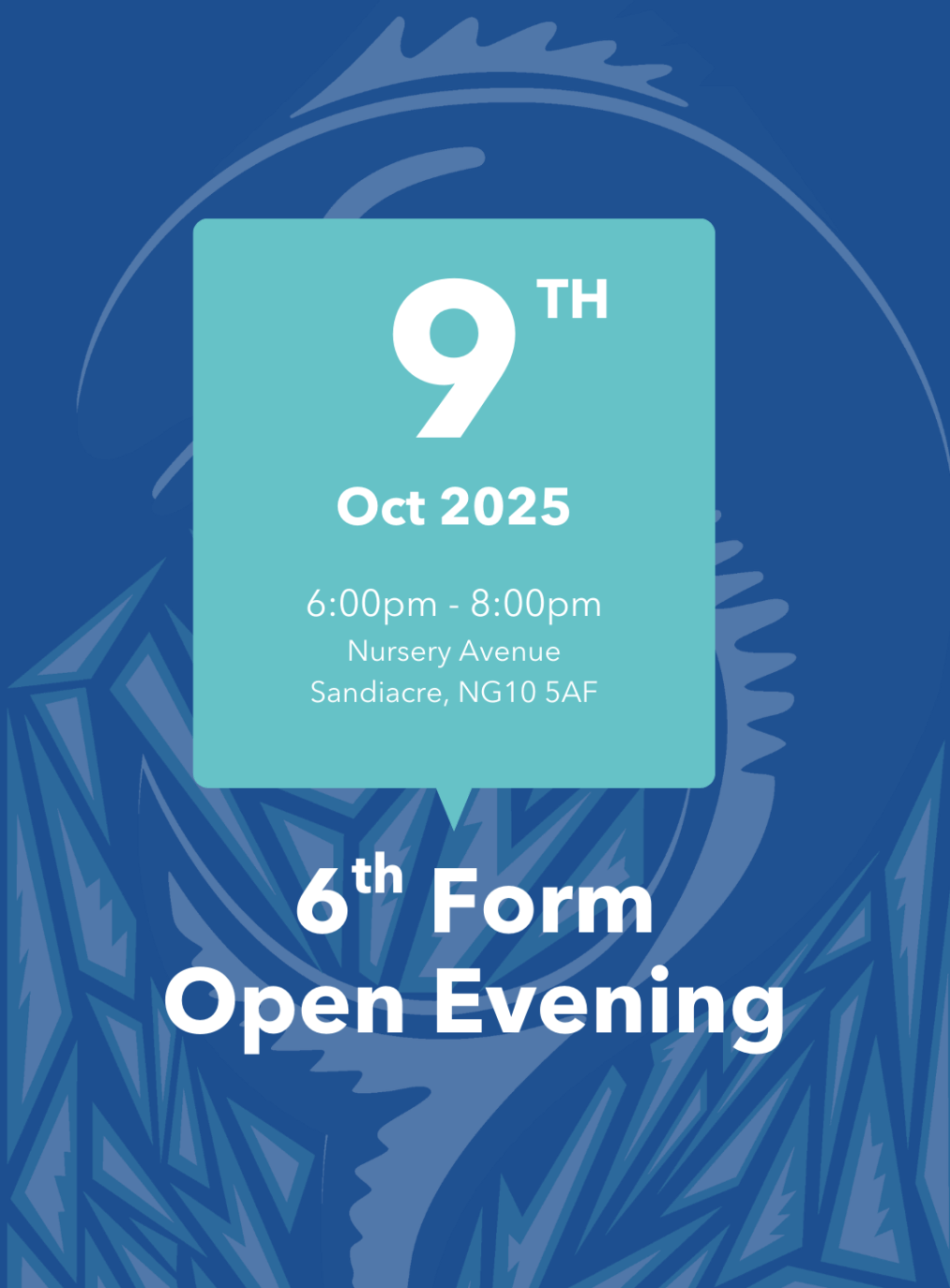Mathematics Summary
The A Level Mathematics course is an important subject to study at Friesland with links to many other subjects like Sciences, Computer Science and Psychology. Year 12 builds on from GCSE level maths and develops skills explored during Year 10 and 11 ensuring fluency in key skills required for A Level such as algebraic manipulation, solving equations and simultaneous equations as well as introducing new topics such as integration and differentiation.
Our A Level course is designed so that you can learn a variety of topics throughout the two years, topics in Year 12 are built upon in Year 13 whilst new topics are introduced in Year 13 such as parametric equations and radians. You’ll look at algebraic methods for finding the gradient of a curve and the area under the curve as well as how to use lots of buttons on your calculator you’ve never needed before! As well as Pure Maths there are applied parts of the course too, where you’ll get to look at Mechanics with forces and systems and also a range of Statistics techniques including how to decide mathematically if something has happened by chance or not. The course prepares you for further study and employment in a wide range of areas involving the use of mathematics.


